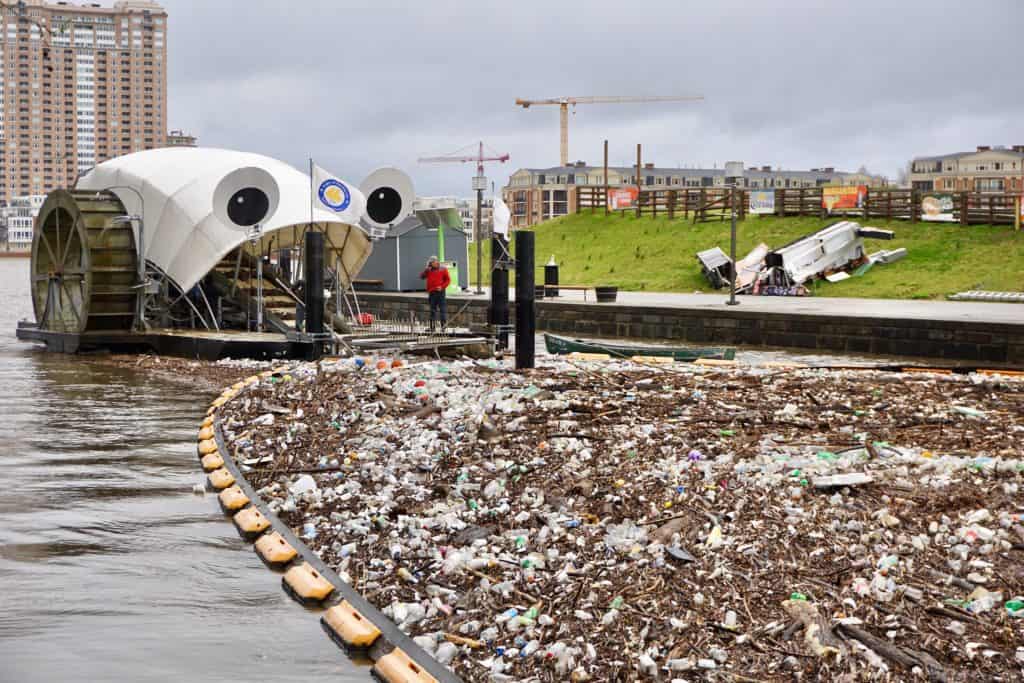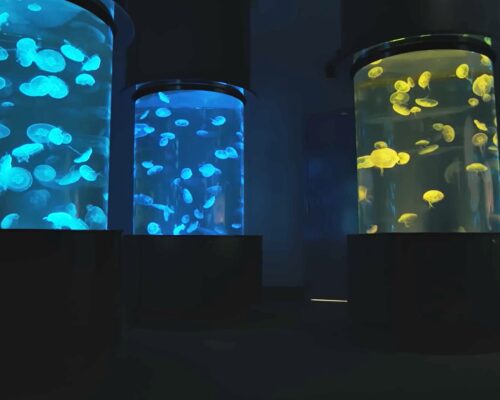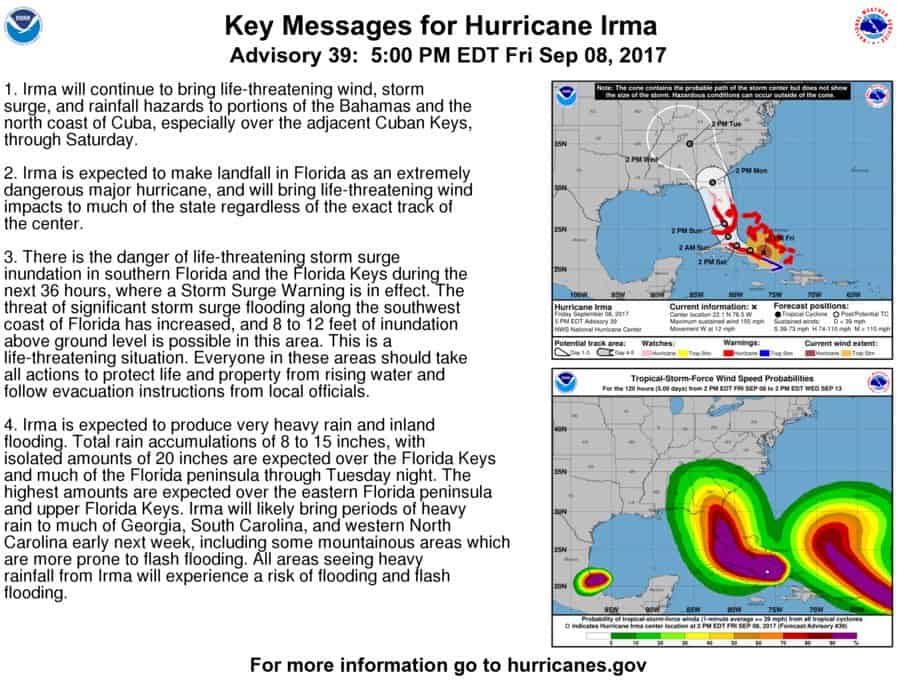Baltimore’s trash-gobbling, hydro-powered water-cleaning machines, with their big, googly eyes, have been such a success that Yamaha Marine is enlisting the “Mr. Trash Wheel” inventor to build them a new cleanup device.
The three members of the Trash Wheel family (nicknamed Mr., Professor, and Captain) are the brainchild of John Kellett and his Pasadena, Maryand-based company Clearwater Mills LLC. The three trash wheels are placed in strategic spots where stormwater dumps runoff, trash, and other debris into the Baltimore Harbor. Each device has a conveyor belt powered by a water wheel, and intercepts all manner of garbage, routing it into a dumpster that is later carried off by boat and emptied.
The trash wheels have developed a cult following around Baltimore, with their own social media accounts, craft beer collaborations, and local shops selling trash wheel t-shirts and plush toys.
Now, Yamaha’s Rightwaters Campaign wants Clearwater Mills to build them a similarly attention-grabbing water cleaning machine in coastal Georgia, for a new waterway restoration pilot project. It won’t be a trash wheel, exactly. It will be land-based, and most likely powered not by a waterwheel, but by a Yamaha electrical engine.
Kellett says the very successful trash wheel concept won’t work in coastal waterways like those around the proposed site of Brunswick, Georgia. “It’s better if we can stop the trash further up in the smaller tributaries, so it does’t get stuck in the marsh grasses.”
Brunswick is a historic town of about 80,000 people, but its outskirts are heavily commercial, Kellett explains. “It’s a trash hot spot.”
The joint project with Yamaha, which doesn’t have a name yet, will be accessible right from land, cutting out the trash wheels’ time-consuming process of carting full dumpsters of trash back to land. It will integrate Yamaha components. The company says its role is to “integrate the power and electronic control systems for the device,” drawing from its advanced research and development.
Kellett promises, “We’ll come up with something cool.”
Kellett points out that the Georgia coastline is a lot like the Bay’s lower Eastern Shore, filled with a lot of marsh land. The goal of the Yamaha Rightwaters project is, ultimately, to be applied to many other waterways.
“Georgia is home to 1,800 Yamaha employees, and that’s why we have started here,” said Yamaha Marine’s Martin Peters, the division manager of government relations. “If the pilot project goes well, we’ll work toward finding ways to install similar devices nationally.”
But before that can happen, Kellett says, the device must be put through its paces. Clearwater Mills and Yahama hope to have it up and running by this time next summer. Then, they must wait for major rain events to see how the device functions when the stormwater really gets going.
Meanwhile, Clearwater Mills’ original trash wheel concept is rapidly expanding, too. Kellett says there is a fourth Baltimore trash wheel in the works, with details to come. And his company is working on projects from New York to California, and even Panama City and Indonesia.
-Meg Walburn Viviano



